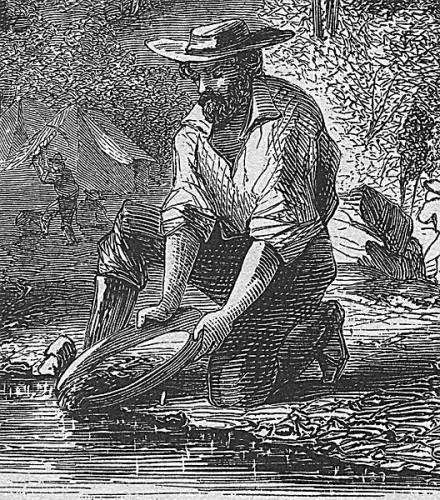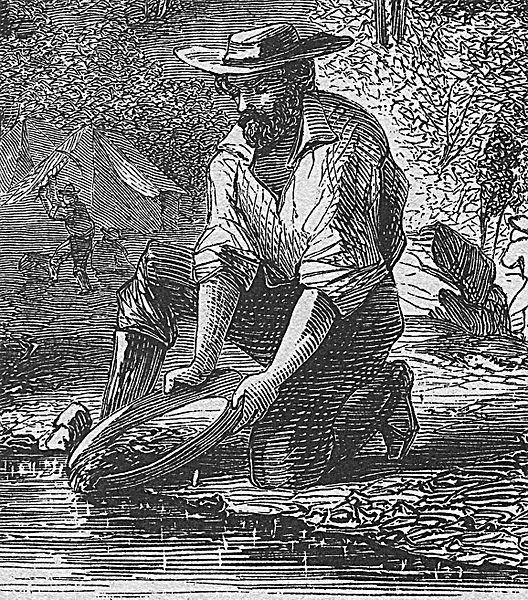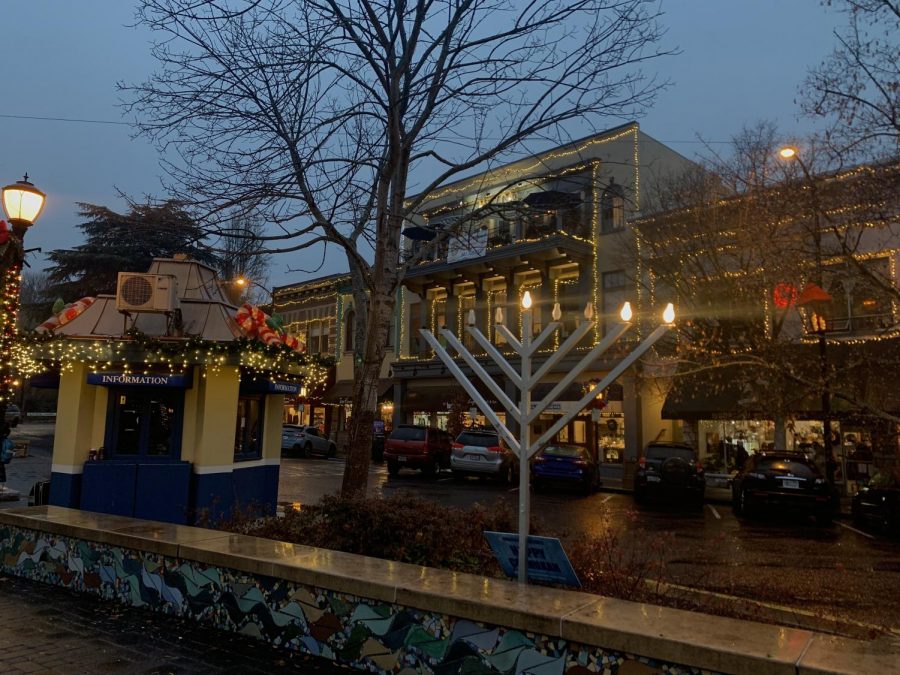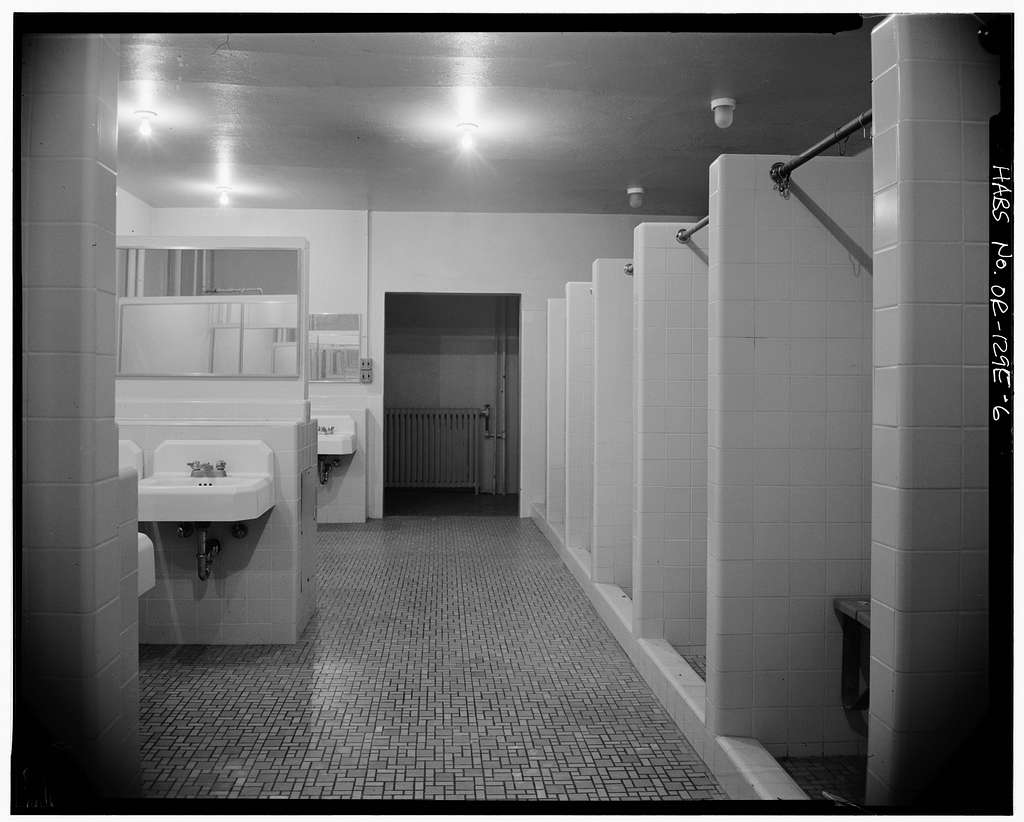
The west coast of the United States earned its fame in the discovery of a small, shiny metal. The discovery of gold in california caused a rush of pioneers and fortune hunters in 1849 to migrate to the new goldfields out west. Named for the year of the exodus for riches, these travellers were called miner-49’s. In 1851 a common call came to ring through the hills of the rogue valley. Eureka, the miners cried as gold was struck in Rich Gulch of what is now southwestern Jacksonville. Gold had been found in the area by miners looking for an isolated claim in southern oregon. California was littered with pioneers, but the rogue valley was unexplored. By the end of the next winter over two thousand miners had come to inhabit the area. 1852 saw the turning the of a humble mining camp into the expansive town of Table Rock City. The vein found in the county had almost overnight become a major gold rush. The town became a bustling metropolis of trading, mining and even the favorite pastime of that age, gambling. Due to the large population and bustling economy, Table Rock City was designated as the county seat. The town experienced a long period of prosperity. Eventually the town was renamed to Jacksonville.
Jacksonville was a center for culture and society in southern Oregon, almost earning itself a place as the state capital. It remained the economic center of the region until 1884. In the early 1880’s a railroad was built. It passed through the neighboring town of Medford, shifting the trade market there. Jacksonville was far from dead, but it suffered a decline; as the economy of the region began to center around the new Medford station the new town found its wealth and prosperity. Medford grew, and Jacksonville lost business and population to the new work center of the valley. So much so that Medford was now declared the county seat. The days of mining were over, so the boom of pioneers and fortune hunters had become railroad workers and warehouse stockers; most of which found easier work in Medford than in Jacksonville.
Jacksonville still held strong as a community, but not the bustling frontier town it had been. Despite the fall of its prominence, its legacy still remains. Old houses, filled with stories and lessons from an age passed by, still stand amongst the town. Jacksonville was registered as a national historic site in 1966; with over 100 buildings in the city’s limits listed as national historic properties. Because of this historic legacy, Jacksonville finds success today as a tourist town, welcoming both those who enjoy history and those seeking a quiet town amidst beautiful scenery in which to relax.










